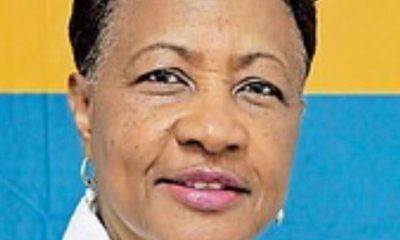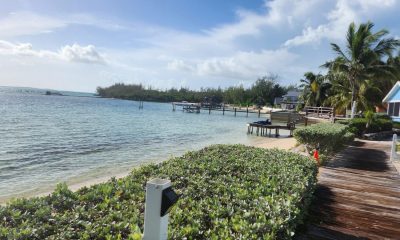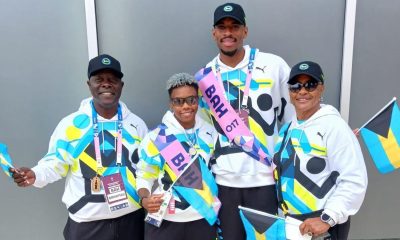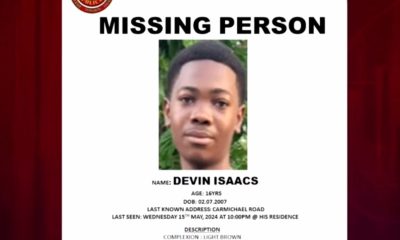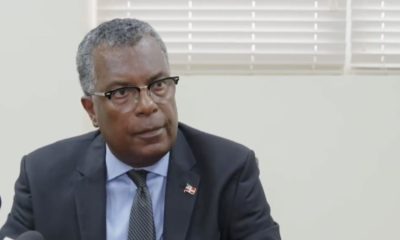Advertisement

Advertisement

NASSAU, BAHAMAS – In July 1971, Prime Minister Lynden Pindling announced the Independence agenda.
A disbanded UBP, some of whom absorbed into the FNM, declared their opposition to Independence.
In response community leaders in Abaco, called the Great Abaco Council, lobbied for continued British rule.
That same month they submitted a petition to the queen asking for Abaco to remain under the crown.
It claimed signatories of two-thirds of Abaco voters (23 hundred in a population of 65 hundred) wanted Abaco to be self-contained, self-supporting and a base for Her Majesty’s Armed Forces.
Prime Minister Pindling responded saying, “The rest of us, who have been taking things for granted, now realise the unity of The Bahamas could be threatened.”
The Tribune’s publisher Sir Etienne Dupuch in an editorial said “The majority of the votes polled in the 72 elections in Abaco, were opposed to Independence.
He said “These people want to remain under the Union Jack.”
A year later in the September 1972 election, Pindling made the vote a referendum on Independence.
The people spoke clearly. The PLP won 60% of the vote. 28 seats versus nine by the FNM.
The government in Nassau viewed the Greater Abaco Council as a fringe group of white minority troublemakers.
Determined to be heard the group sent representatives to London for their own conference as Independence talks were taking place between Bahamian and British officials.
They were said to have received a rude and cold reception from the minister of state for colonies.
He reportedly told them “Britain did not want to fragment The Bahamas, and feared that if they gave Abaco the right to remain British, similar requests would come from other islands.”
The Abaconians returned defeated and disappointed. The Greater Abaco Council died at the end of 1972 but their push lived on a little while longer.
Within three months of Independence Prime Minister Pindling warned at a PLP convention that Abaco’s continuing separaitis tendencies carried serious implications for The Bahamas.
A political party called the Abaco Independence Movement was formed in August of 1973.
An FBI memo of June 1974 entitled “Sensitive Intelligence Sources and Methods Involved” shows evidence of the bureau’s investigations of a group called Friends of Abaco and the Abaco Independence Movement.
The PLP’s 1977 election victory took 30 of the 38 seats including North Abaco. This was the final blow. The momentum was lost and the movement eventually died.
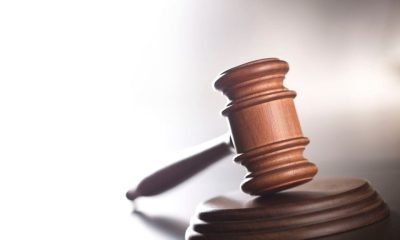
 Court2 days ago
Court2 days ago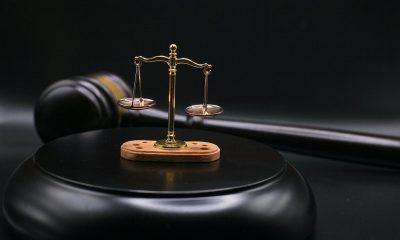
 Court2 days ago
Court2 days ago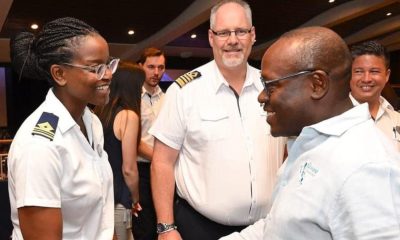
 National2 days ago
National2 days ago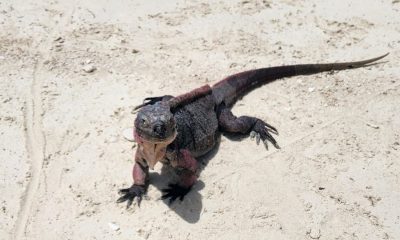
 National2 days ago
National2 days ago
 National2 days ago
National2 days ago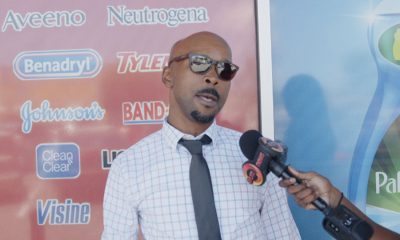
 National1 day ago
National1 day ago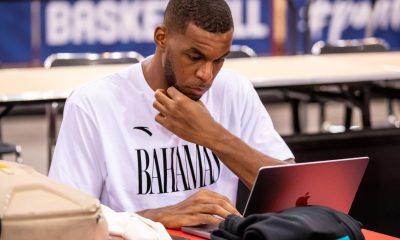
 Sports2 days ago
Sports2 days ago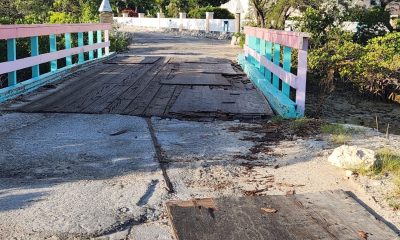
 National1 day ago
National1 day ago


